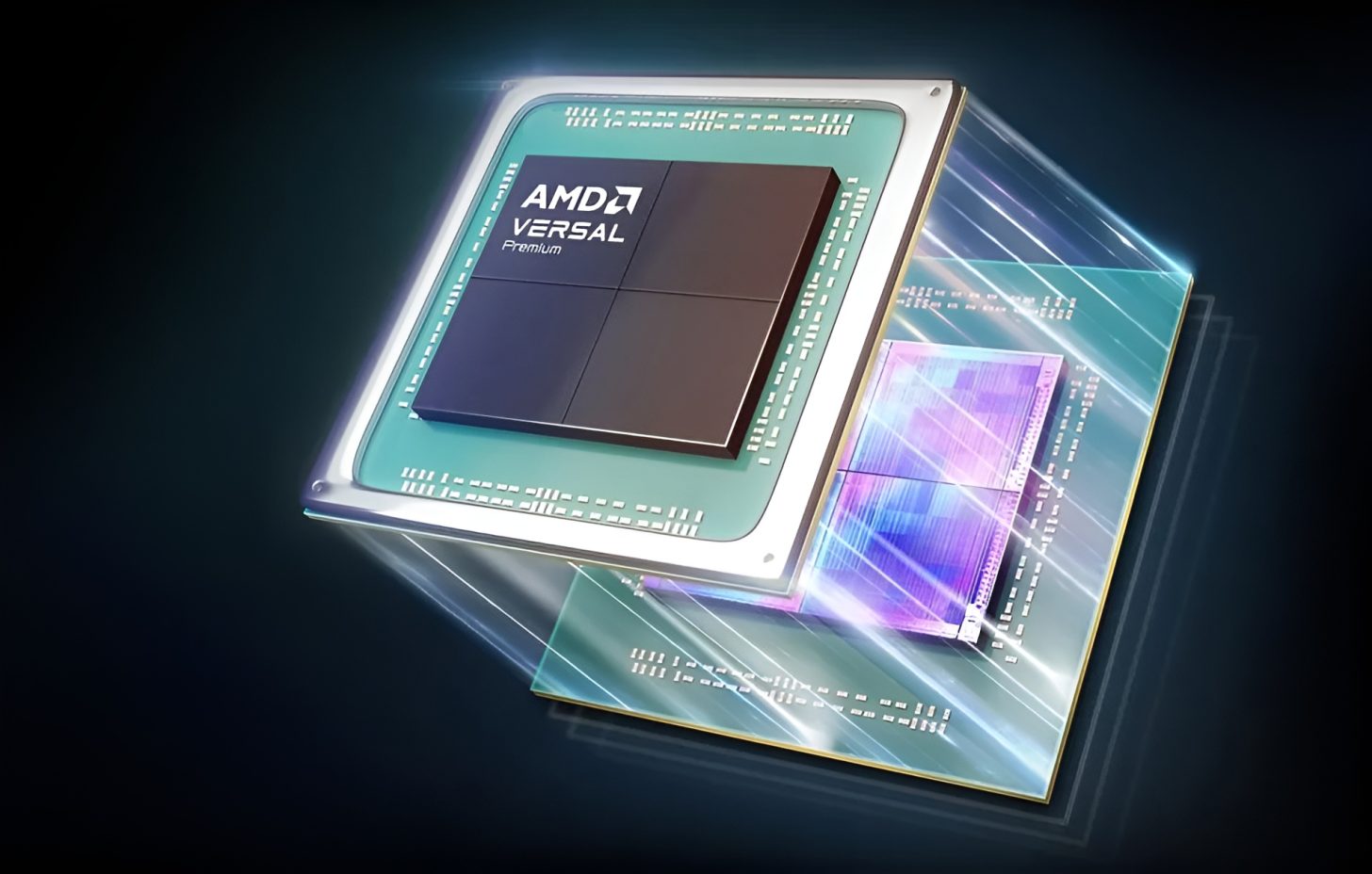IBM has unveiled a groundbreaking advancement in quantum computing, as AMD’s standard chips have successfully executed a crucial error correction algorithm. This achievement marks a significant milestone in the quest for practical quantum computing solutions.
AMD’s FPGAs Achieve Remarkable Quantum Leap
IBM is a frontrunner in the quantum computing arena, standing shoulder to shoulder with tech giants like Google. The recent news highlights a major breakthrough: IBM has reportedly implemented a quantum error correction algorithm on AMD’s FPGAs, achieving an impressive tenfold increase in speed compared to initial expectations, according to reports.
Jay Gambetta, director of IBM research, said the work showed that IBM’s algorithm not only works in the real world, but can operate on a readily available AMD chip that is not “ridiculously expensive.”
– Reuters
Quantum error correction (QEC) is crucial for maintaining the integrity of qubits, which are susceptible to environmental disturbances. By detecting and correcting errors without altering the qubit’s state, QEC ensures reliable quantum computing operations. AMD’s FPGAs, known for their reconfigurable hardware capabilities, excel in performing these customized tasks efficiently, making them ideal for QEC algorithms.

The Competitive Landscape in Quantum Computing
NVIDIA’s approach to quantum computing differs, focusing on an extensive tech stack that includes DGX Quantum and CUDA-Q. While their technology is capable of handling QEC algorithms, AMD’s breakthrough lies in utilizing off-the-shelf hardware, a feat NVIDIA has yet to accomplish. This achievement highlights the importance of AMD’s Xilinx acquisition in the quantum computing race.
As quantum computing continues to gain traction alongside the AI boom, it’s intriguing to speculate how companies like NVIDIA and AMD will adapt when quantum technologies become integral to AI infrastructures. This development signifies a pivotal moment in advancing quantum computing capabilities, leveraging accessible hardware to bring us closer to mainstream applications.
